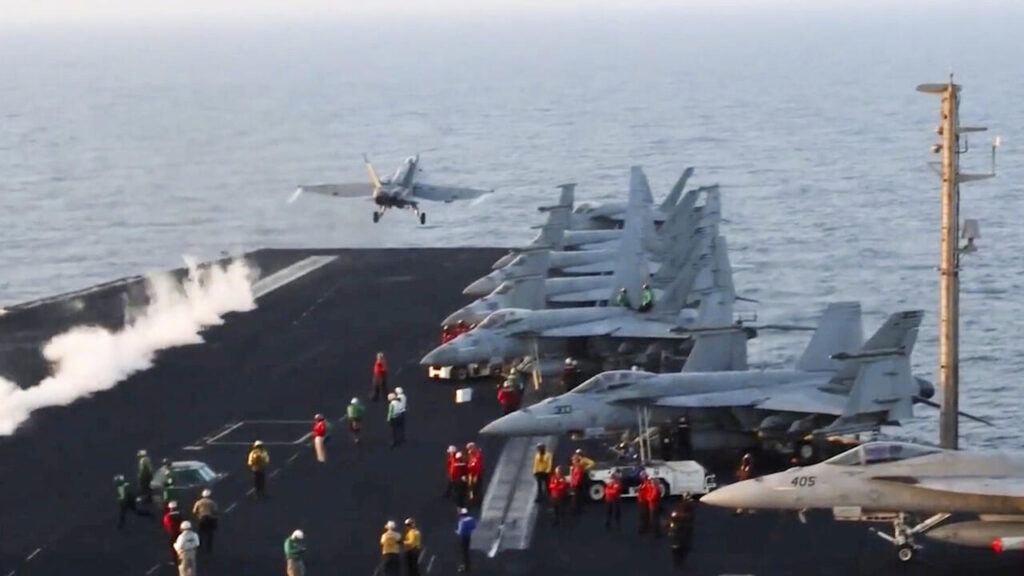The United States has launched a series of airstrikes on Yemen’s rebel-occupied capital, targeting Houthi military infrastructure in response to ongoing attacks on Red Sea shipping lanes. The strikes mark a significant escalation in U.S. military engagement in the region as tensions rise over the Houthis’ aggressive maritime activities.
Background: Houthi Attacks in the Red Sea
The Houthis, an Iran-backed rebel group controlling large parts of Yemen, have been accused of carrying out multiple attacks on commercial and military vessels in the Red Sea. These actions, according to U.S. and allied intelligence, have disrupted international shipping routes and posed a direct threat to global trade. The group has justified its attacks as retaliation against Western-backed military interventions in the region, particularly in support of Saudi Arabia’s coalition fighting in Yemen.
Details of the U.S. Air Strikes

On [insert date], the U.S. military, in coordination with allied forces, carried out precision strikes on key Houthi targets in Sana’a and other strategic locations. According to the Pentagon, the strikes aimed at disabling missile launch sites, command centers, and drone facilities used in Red Sea attacks.
Officials reported that these operations were conducted with advanced fighter jets and drones, using precision-guided munitions to minimize collateral damage. While the exact number of casualties remains unclear, initial assessments indicate that the strikes successfully destroyed several high-value military assets belonging to the Houthis.
Reactions and International Response
The strikes have drawn mixed reactions from global leaders. The U.S. and its allies, including the United Kingdom and Saudi Arabia, have defended the operation as a necessary step to protect vital maritime routes and global trade.
However, Iran and several other countries have condemned the U.S. action, accusing Washington of escalating the conflict and further destabilizing Yemen. The Houthis, in a statement, vowed to retaliate against what they called “American aggression,” raising fears of further hostilities in the region.
Impact on Regional Stability
The escalation in military actions raises concerns over the potential for broader conflict in the Middle East. The Red Sea remains a critical waterway for international commerce, and continued disruptions could have economic repercussions beyond the region.
Experts warn that while the U.S. strikes may temporarily weaken Houthi capabilities, they are unlikely to deter the group entirely. The possibility of retaliatory strikes against U.S. or allied interests in the Gulf remains a significant concern.
Conclusion
The U.S. airstrikes on Yemen’s Houthi-controlled areas represent a strategic response to growing threats in the Red Sea. As the situation unfolds, the international community will be closely monitoring the developments, assessing the long-term consequences for regional stability and global security.